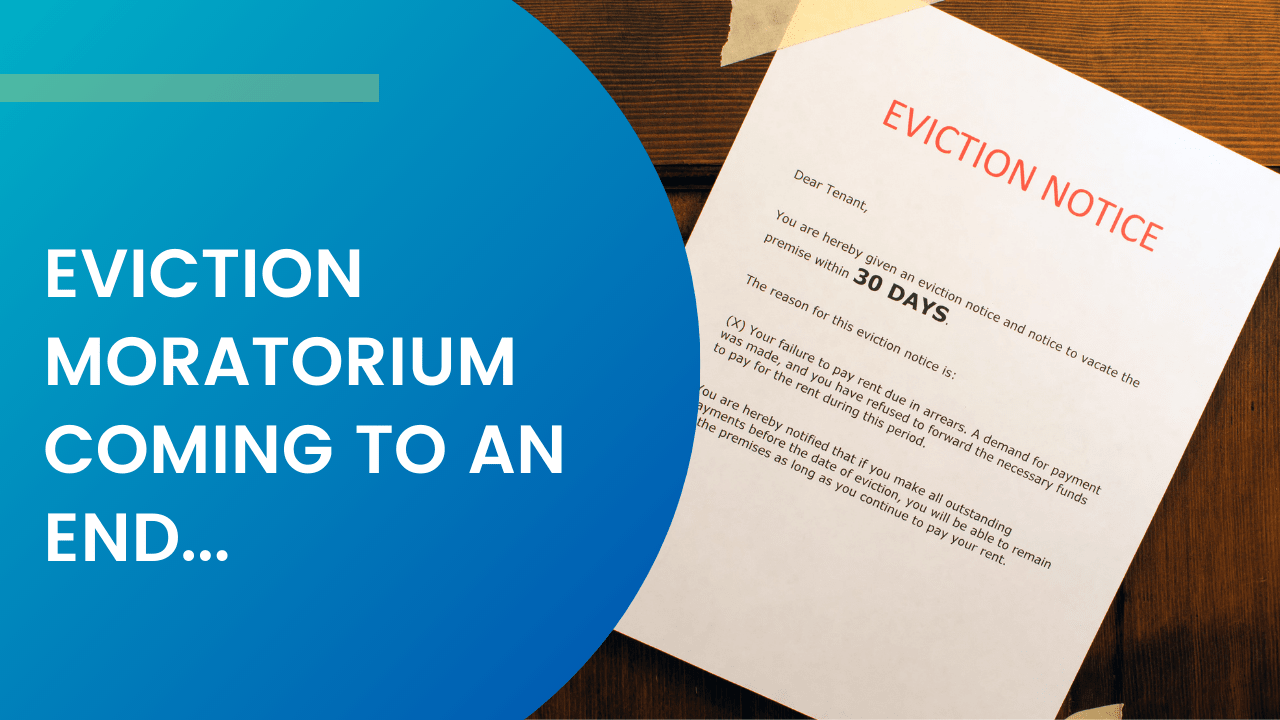
Housing security is a natural thing for people to worry about–when it’s put at risk, it can be beyond stress-inducing. The COVID-19 pandemic was more than a public health crisis but also economically impacted millions of families across the world. In the United States, the precarious financial situations of homeowners and renters alike have left people living in fear of the potential of losing their homes. For renters, the fear of eviction is far more imminent, as talk of the possibility of the federal eviction moratorium finally meeting its deadline arose this past week. Following multiple extensions on the federal eviction moratorium, officials initially indicated that there would be no move to extend an additional time.
Without an additional extension, an estimated 1.4 million Americans feared the potential of being removed from their homes, many without a place to move to after.
Luckily, the federal government announced Tuesday that the eviction moratorium would be extended through October 3, 2021, affording renters a few more months of housing stability.
What is the eviction moratorium?
An eviction moratorium is a pause on evictions due to a public health crisis. The Center for Disease Control implemented the eviction moratorium at the beginning of the pandemic. It states that in areas that experience higher rates of transmission, in order to assist in halting the spread of COVID-19. There are both financial and health-related reasons behind those who are fighting to maintain the eviction moratorium.
This past year and a half, the eviction moratorium meant that landlords could not evict tenants during the particular period stated by the federal government. However, there is criticism of the push from landlords to put an end to the moratorium. Many claim that there are other ways that people can pay their rent. The Massachusetts Landlord Association, for example, has stated that due to other state programs, they don’t foresee a drastic increase in evictions if the moratorium comes to an end.
Who is impacted?
The CDC’s Eviction Protection Declaration outlines those who may qualify for the moratorium, primarily those who have experienced a job loss, receive government benefits, or made under $99,000 or $198,000 joint filing. Those questioning whether or not they qualify can reach out to the US Department of Housing and Urban Development at (800) 569-4287 or reach out on their official website for a local housing counselor.
As the economy has started to level out again and people return to work, landlords have been calling for the reinstatement of evictions in order to remove tenants who have not been paying rent. With the moratorium extension until October 3, it is estimated that the extension will cover up to 90% of those at risk of eviction. The CDC’s statement includes those who are in areas of high transmission rates, which extends to large portions of the county as COVID numbers continue to rise due to the delta variant and the potential of further variants.
We can help
If you need guidance regarding your specific situation, we highly encourage you to reach out to us for more assistance and information. We know that housing, particularly housing insecurity, can be beyond stressful, especially when simultaneously attempting to keep up with federal and state mandates. Dealing with a trusted real estate agent can support you as you navigate your next steps and help you learn more about your options and what can be done if you do, in fact, face eviction.
Our licensed real estate agents will be able to answer any questions you may have regarding the options that may be available to you. Navigating the systems can be stressful, especially when emotions are running high. We can guide you through this process and offer advice.
Reach out to us for more information on how we can work with you to make this a more straightforward and smooth process. We’re here to help!
To schedule a free, no-obligation consultation, call us at 781-309-7085.

